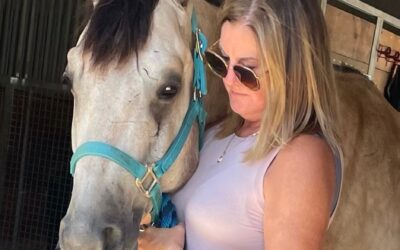How the high “D” works with . . .
High D:
During stressful times and conflict the High “D” might:
- If there is mutual respect, see another High D as driving, visionary, aggressive, assertive, competitive, & optimistic
- If mutual respect does not exist, see another High D as argumentative, dictatorial, arrogant, domineering, nervous, and hasty
To Have An Effective Relationship:
- Mutual respect must exist to avoid conflict. Both people must understand one anotherʼs realm and boundaries of authority
High I:
During stressful times and conflict the High “D” might:
- View the High “I” as egocentric, superficial, overly optimistic, glib, too self-assured, and inattentive
- Dislike being “sold” by the High “I”
- Become upset by High “I”s noncommittal generalizations
To Have An Effective Relationship:
- Avoid pushing; recognize with sincerity the High “S”s good work; be friendly, more easy-going, and steady-paced
High S:
During stressful times and conflict the High “D” might:
- View the High “S” as impassive, nonchalant, apathetic, accepting, possessive, complacent & non-demonstrative
- Be Confrontational & direct approach may overwhelm the High “S”
- View the High “S” as slow-moving
- The quick pace of action and thinking may cause a passive-aggressive response from the High “S”
To Have An Effective Relationship:
- Mutual respect must exist to avoid conflict. Both people must understand one anotherʼs realm and boundaries of authority
High C:
During stressful times and conflict the High “D” might
- View the High “C” as overly dependent, evasive, defensive, too focused on details, and too cautious and worrisome
- Think that the High “C” over analyzes and gets bogged down in details
To Have An Effective Relationship:
- Avoid pushing; recognize with sincerity the High “C”s good work; be friendly, more easy-going, and steady-paced
If you have not previously taken the DISC assessment or do not know your DiSC Personality Profile, you can take the assessment online at https://peoplekeys.com/

MICHELE BURCH REID, MS FOUNDER OF LCI
More From Michele
The Helper’s High: Health benefits of giving and volunteering
Giving to others - it’s not just good for the receiver. It’s also good for the giver. Giving can stimulate your brain's mesolimbic pathway, or reward center while releasing endorphins. This can lead to a “helper's high” that boosts self-esteem, elevates happiness, and...
The Impact of Play on Our Mental Health
Playtime? Seriously, for adults? Isn’t that being lazy? Isn’t that for the retired or for kids? Studies show that having regular segments of playtime can have a strong positive contribution to our mental health. Especially, nonconstructive playtime. What is meant by...
Creating A Relaxed State Of Being For Yourself And Others
Watch this video of my horse relaxing his head when I use a relaxation technique of deep cleansing exhalation. A horse will lower their head when they feel relaxed. Was I successful? Many of you that follow me know that one of the ways I “fill my soul” is...





